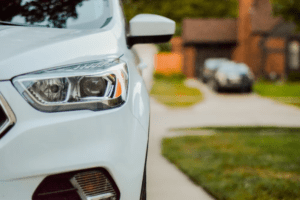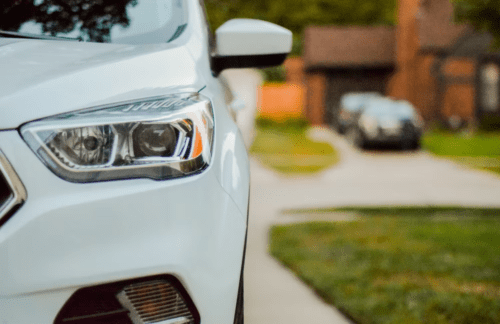Car insurance comes in many forms, covering different aspects. One of these is full coverage auto insurance, unless you decide to get the state’s minimum required liability-only coverage. Every state requires drivers to have at least the minimum liability coverage. Liability insurance protects passengers, drivers, and pedestrians who suffer damage or injury caused by the policyholder. Those with this insurance don’t have to pay for repairs or medical care out of their pocket.
Some states like Florida require another insurance called personal injury protection (PIP) coverage if you own a car. Florida’s minimum required liability insurance must cover $10,000 bodily injury per person, $20,000 bodily injury per accident, and $10,000 in property damage.
What is Full Coverage Auto Insurance?
Full coverage usually includes complete financial protection, whether the accident is the policyholder’s fault or another driver’s fault. States generally do not legally require drivers to carry full coverage insurance. However, many drivers like to purchase full coverage, so they don’t have to pay out-of-pocket to cover standard car insurance claims.
Note: Most full coverage policies have a $250 to $2,000 deductible. That means you pay your deductible out-of-pocket before the insurance covers the remaining claims per the terms of the policy. If you select a higher deductible, your premium will be lower, and vice versa.
What does a Full Coverage Policy include?
Knowing the details of your insurance policy is essential before purchasing it. However, most full-coverage auto insurance policies include the following:
- Liability Insurance: Liability insurance is necessary for most drivers because it provides them with financial protection if they’re responsible for an accident. All liability insurance policies cover property damage liability and bodily injury liability.
- Collision Insurance: Collision insurance pays for damages that may have occurred to your car by colliding with another object, including a vehicle, tree, or wall.
- Comprehensive Insurance: Comprehensive insurance pays for vehicle damages from falling objects, fire, elemental damage, and vandalism. It also covers your car if it’s stolen (the vehicle is not moving).
As previously stated, full-coverage auto insurance policies vary. It’s not uncommon for some to include the following:
- Personal Injury Protection: Personal injury protection covers the driver and the passengers’ medical expenses if injuries occur in a car accident. PIP may pay for lost wages, service expenses, and funeral costs in some states; however, in some states, this is optional, and in others, it’s mandatory.
- Medical Payments: Medical payments coverage usually pays for related medical expenses stemming from injuries in a car accident. These typically include ambulance costs.
- Uninsured Motorist Bodily Injury: Uninsured motorist coverage is beneficial when the other driver is at fault but doesn’t have insurance. It reimburses you for injury.
- Uninsured Motorist Property Damage Coverage: This covers property damage to your vehicle and the other person’s vehicle.
Who Needs Full Coverage Insurance?
Drivers who finance their vehicles through an auto loan must often get a full coverage policy as part of the agreement. Likewise, you might also need a full coverage policy if you’re leasing your car.
Aside from these situations, a full coverage policy is optional. It’s worth discussing with your insurance provider if being responsible for a car crash would significantly impact your financial situation.
Why Get More than Minimum Liability Insurance?
 Here are some reasons to get a full coverage auto insurance policy:
Here are some reasons to get a full coverage auto insurance policy:
- It can help you meet state, lender, or leasing requirements.
- Full-coverage policies usually include uninsured motorist coverage, protecting you if the other driver doesn’t have insurance.
- It covers medical expenses if you get injured in an accident (optional).
- These policies also cover non-accident-related damages.
Get A Florida Full Coverage Auto Insurance Policy from UltraCar Insurance
If you’re looking for a full coverage auto insurance policy in Florida, UltraCar Insurance has you covered. We’re a leading SR-22 FR-44 Insurance provider Florida. In addition, we also provide non-owner FR-44 insurance and Non Owner SR22 Insurance Florida. Visit our website to learn more. Alternatively, start your quote with us today.

